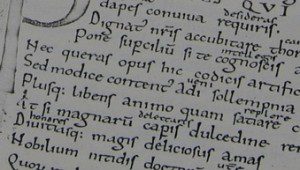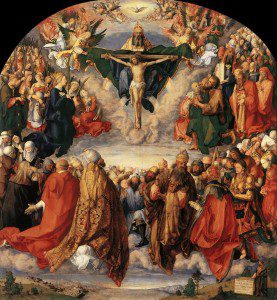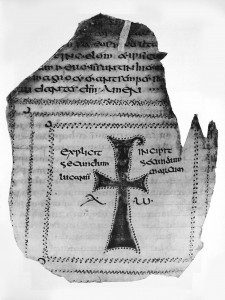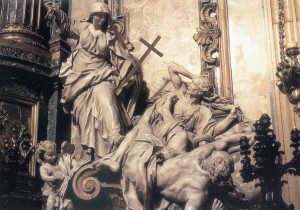I recently posted on oddly profound theological currents in Western films. This past February, Scottish novelist and screenwriter Alan Sharp died. Among his many scripts was the 1971 film The Hired Hand, directed by Peter Fonda, a film that includes one of the oddest religious moments in cinema. Hired Hand is typical of its era in that it is lyrical and very slow moving, infuriatingly so for many, but it has acquired a cult following. It begins with three characters... Read more
















